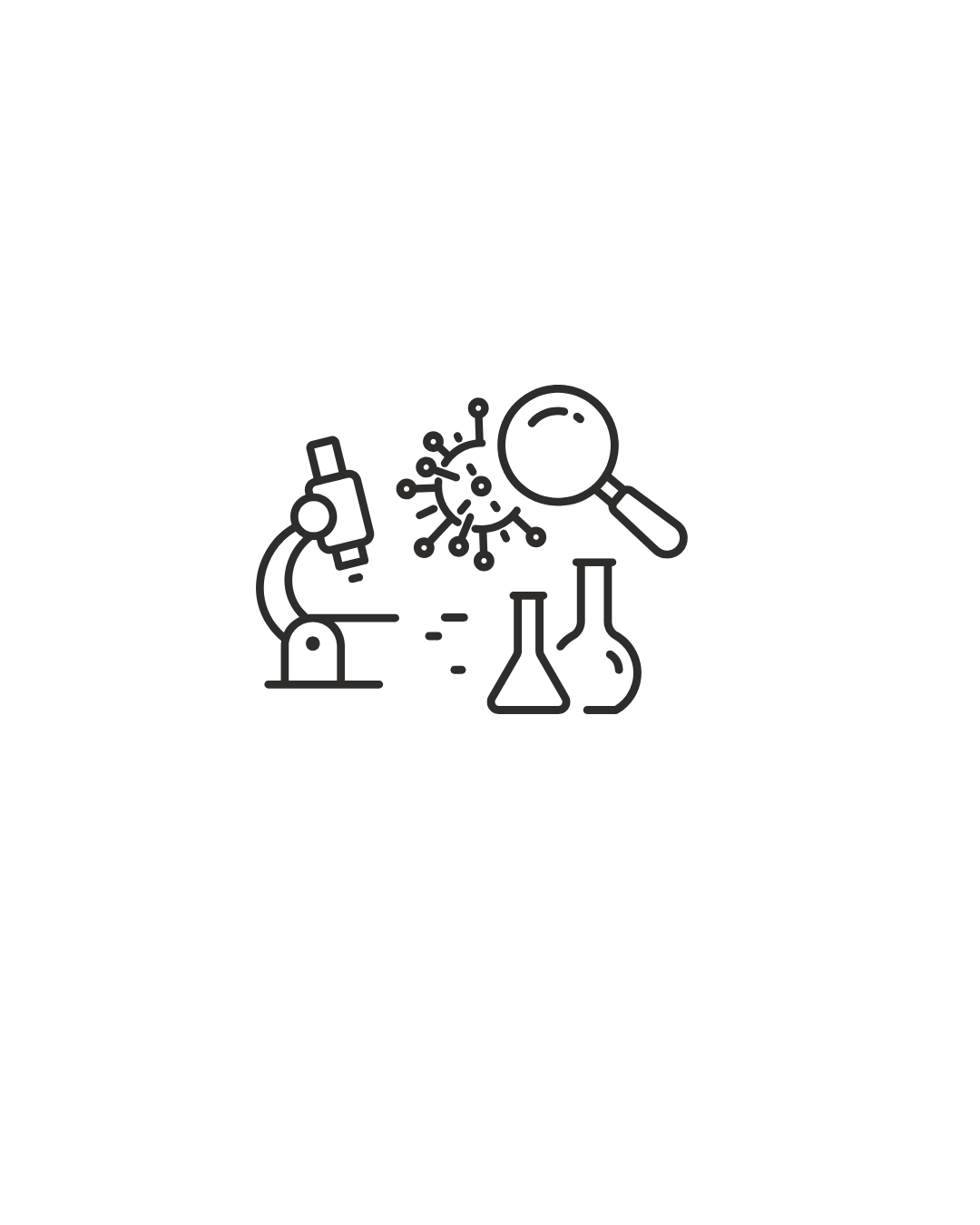Description
A Bachelor of Science (B.Sc) (Honours) in Microbiology is an undergraduate program that focuses on the study of microorganisms, including bacteria, viruses, fungi, and protozoa. This degree provides a comprehensive understanding of microbial biology, ecology, genetics, and applications in various fields such as medicine, agriculture, and environmental science.
Program Overview
Duration: Typically takes 3 to 4 years to complete, depending on the institution and country.
Mode: Offered in full-time, part-time, or online formats.
Eligibility: Usually requires a high school diploma with a solid foundation in biology and chemistry.
Core Curriculum
The curriculum for a B.Sc (Honours) in Microbiology generally includes a combination of core courses, lab work, and electives, covering essential topics such as:
General Microbiology: Introduction to the diversity, structure, function, and metabolism of microorganisms.
Microbial Genetics: Study of the genetic makeup of microorganisms, including gene regulation, mutation, and genetic engineering techniques.
Microbial Ecology: Examination of the interactions of microorganisms within their environments, including their roles in ecosystems and biogeochemical cycles.
Immunology: Understanding the immune response to pathogens, vaccine development, and immune-related diseases.
Pathogenic Microbiology: Study of microorganisms that cause diseases in humans, animals, and plants, focusing on their mechanisms of pathogenicity and host interactions.
Applied Microbiology: Exploration of the practical applications of microbiology in industry, medicine, and agriculture.
Clinical Microbiology: Focus on the laboratory diagnosis of infectious diseases and the identification of pathogens.
Virology: Study of viruses, their structure, life cycles, and roles in diseases and biotechnology.
Biotechnology and Bioinformatics: Introduction to biotechnological applications of microorganisms and the use of bioinformatics tools in microbial research.
Skills Developed
Laboratory Skills: Hands-on experience with microbiological techniques such as culturing, staining, and microbial identification.
Analytical Skills: Ability to analyze and interpret scientific data, conduct experiments, and solve complex biological problems.
Research Skills: Experience in designing and conducting research projects, including data collection and analysis.
Communication Skills: Proficiency in presenting research findings and scientific concepts clearly in both written and oral formats.
Critical Thinking: Development of logical reasoning and the ability to assess microbial interactions and effects on health and environments.
Career Opportunities
Graduates with a B.Sc (Honours) in Microbiology can explore a variety of career paths, including:
Microbiologist: Conducting research in laboratories, studying microorganisms and their effects on health, environment, and industries.
Clinical Microbiologist: Working in hospitals or diagnostic labs to analyze samples and identify pathogens causing diseases.
Quality Control Microbiologist: Ensuring the safety and quality of products in industries like pharmaceuticals, food, and biotechnology.
Environmental Microbiologist: Studying the role of microorganisms in ecosystems, bioremediation, and waste management.
Biotechnologist: Working in industries that utilize microbial processes for developing products, such as antibiotics, enzymes, and vaccines.
Pharmaceutical Sales Representative: Utilizing knowledge in microbiology to inform healthcare providers about pharmaceutical products and therapies.
Regulatory Affairs Specialist: Ensuring compliance with regulations and guidelines in industries that deal with microbiological products and services.
Benefits of Pursuing a B.Sc (Honours) in Microbiology
Interdisciplinary Field: Microbiology intersects with various scientific disciplines?offering diverse career opportunities in healthcare, environmental science, industry, and research.
Impactful Work: Graduates can contribute significantly to public health, environmental sustainability, and advances in biotechnology.
Research Opportunities: A solid foundation for those interested in pursuing graduate studies or research careers in microbiology or related fields.
Additional Considerations
When considering a B.Sc (Honours) in Microbiology:
Accreditation: Ensure the program is accredited by relevant educational authorities or professional organizations in microbiology or biological sciences.
Research Experience: Look for programs that offer opportunities for undergraduate research, internships, or laboratory work to gain practical experience.
Networking: Engage with professional organizations such as the American Society for Microbiology (ASM) or similar bodies for networking, resources, and continuing education.
If you have specific questions about the program, its coursework, or potential career paths in Microbiology, feel free to ask!









